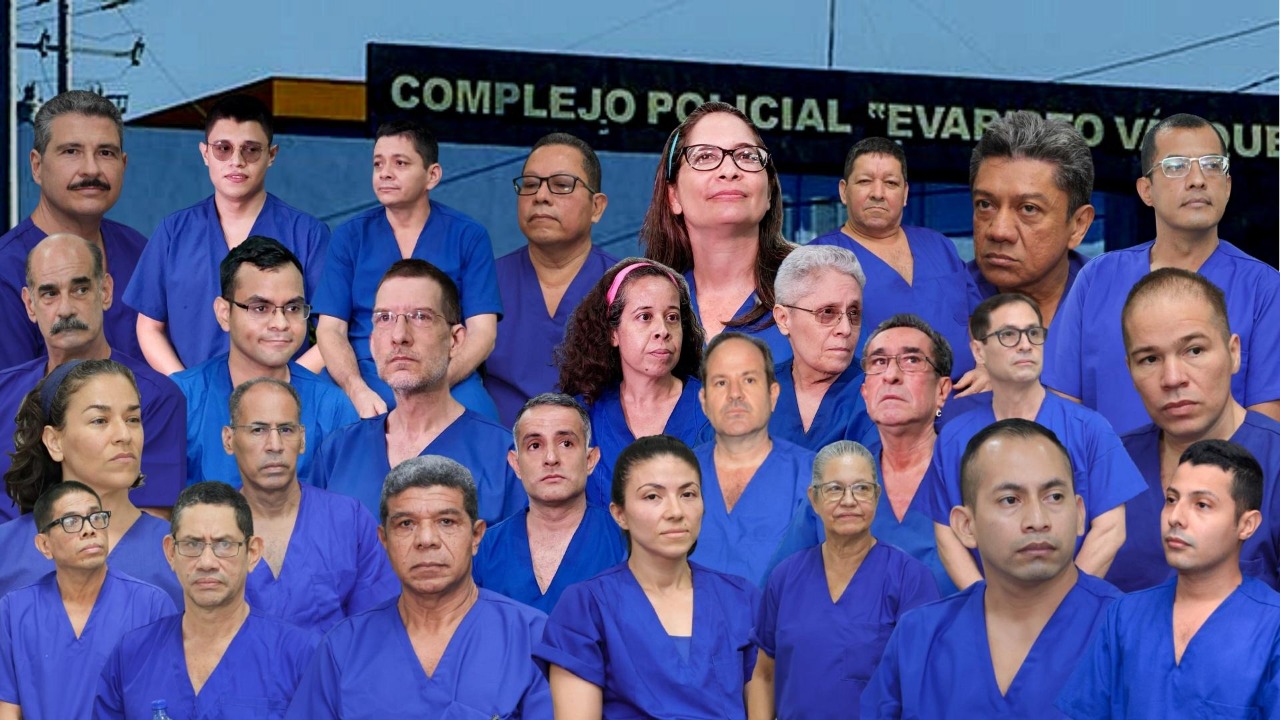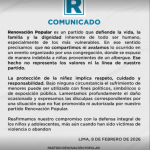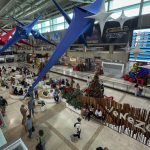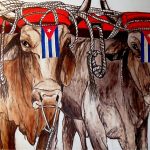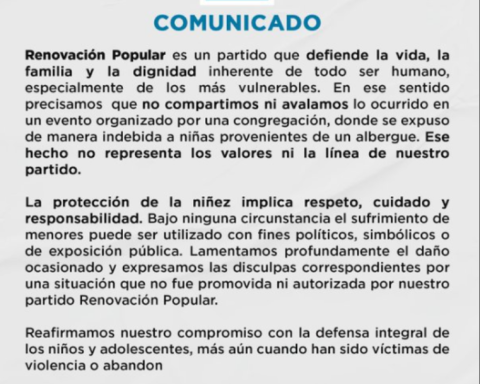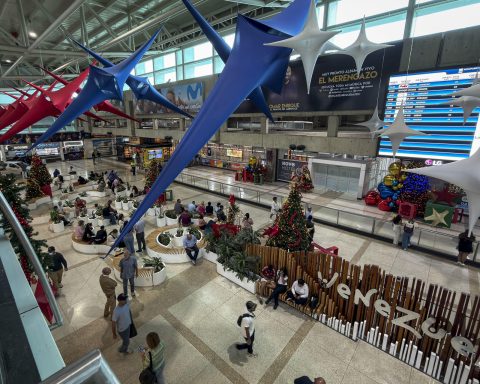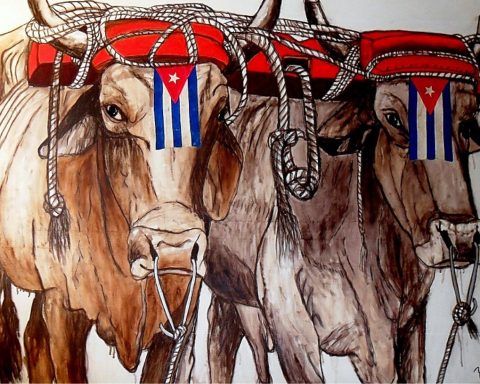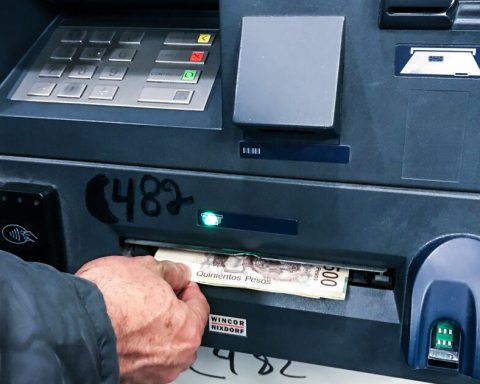The relatives of the political prisoners detained in the Directorate of Judicial Assistance (DAJ), known as “El Chipote”, are concerned about the incommunicado regime to which they are subjected by the dictatorship of Daniel Ortega and Rosario Murillo. 52 days have passed since the last visit at the end of August.
“The health and life of political prisoners is at risk!” The relatives warned in a public statement issued this Monday, October 17. In addition, they affirm that if they insist on asking about when they will be able to see the opponents, the DAJ authorities “threaten us with not receiving the water.”
“In this time of incommunicado detention, which is part of the psychological torture that the regime implements to repress and affect us, they do not provide us with information on how they are doing,” they add.
Related news: Political prisoners in “El Chipote” have gone 50 days without visits
The relatives of the political prisoners warned of the risk to the health and life of Miguel Mendoza, Róger Reyes, Irving Larios and Dora María Téllez, who began a hunger strike last month as a measure of pressure to put an end to the inhumane conditions and allow them to see their their daughters.
“It is imperative that they are provided with specialized medical attention, adequate food and the guarantee of respect for their human rights. We fear that they may die in that torture center. Every day that passes, their lives are in greater danger.
In the statement they reiterated a series of demands, rights that people deprived of liberty have and that have been violated by the Ortega and Murillo dictatorship; including communication with children. These are their demands:
- Compliance with the “Childhood Code” and the “Penitentiary Law”, which give children the right to see their parents; and to prisoners, the right to see and communicate with their children.
- Communication through telephone calls, drawings and messages from sons and daughters, minors or adults, and other relatives who are outside the country.
- Regularization of periodic visits every 15 days to see our relatives who are political prisoners and verify their state of health.
- That we be given information on how they are in the periods between visits.
- End solitary confinement and isolation from the outside world.
- The release of political prisoners and respect for their human rights.
They affirm that their “heart is full of pain and suffering, and we also feel for those who are in the penitentiary systems” and asked the population to “raise their voices and ask with us! Immediate freedom and with guarantees for the more than 219 people political prisoners in Nicaragua!”
